Civilization 7 splits games into micro-trilogies where you can create your own history
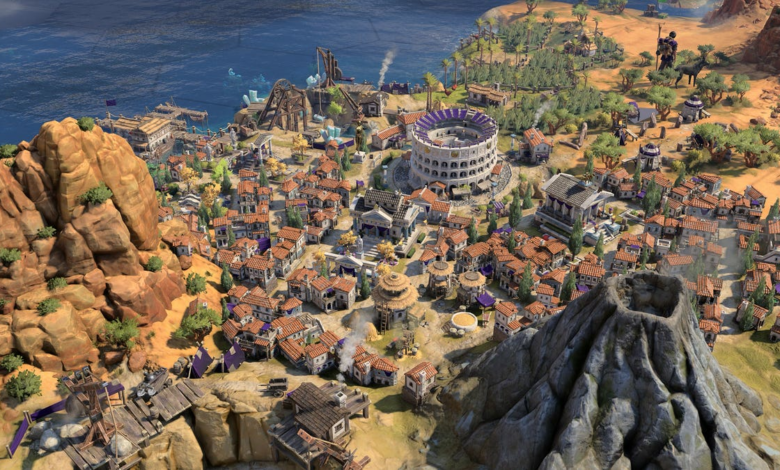
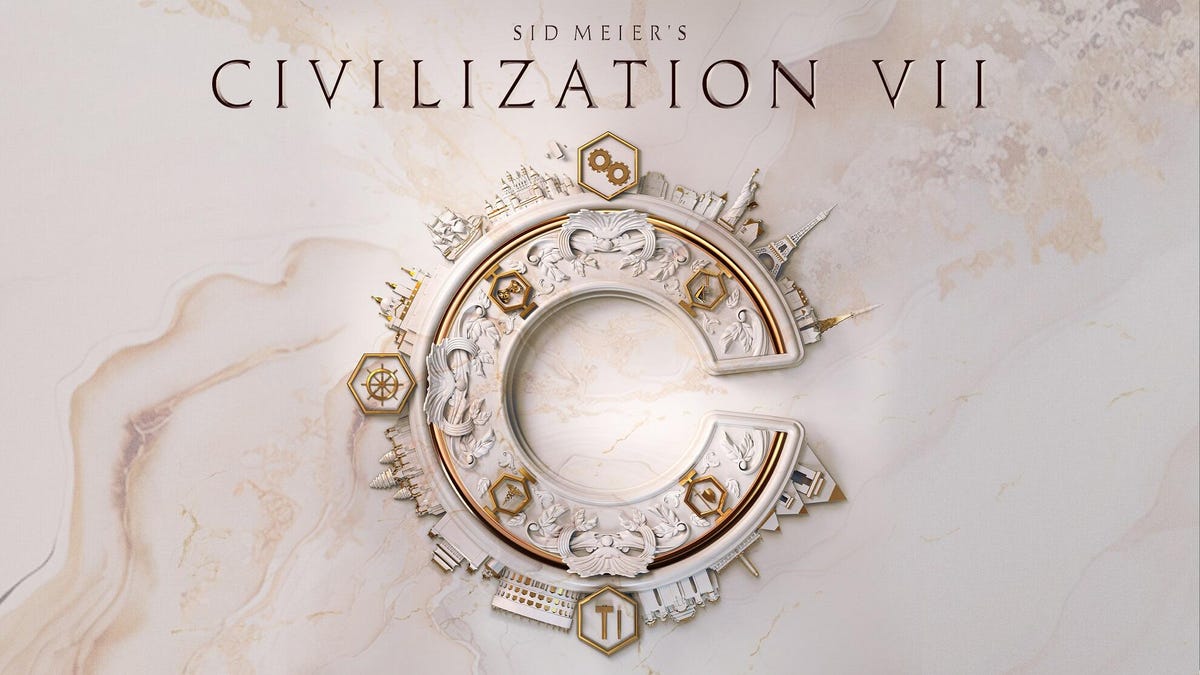
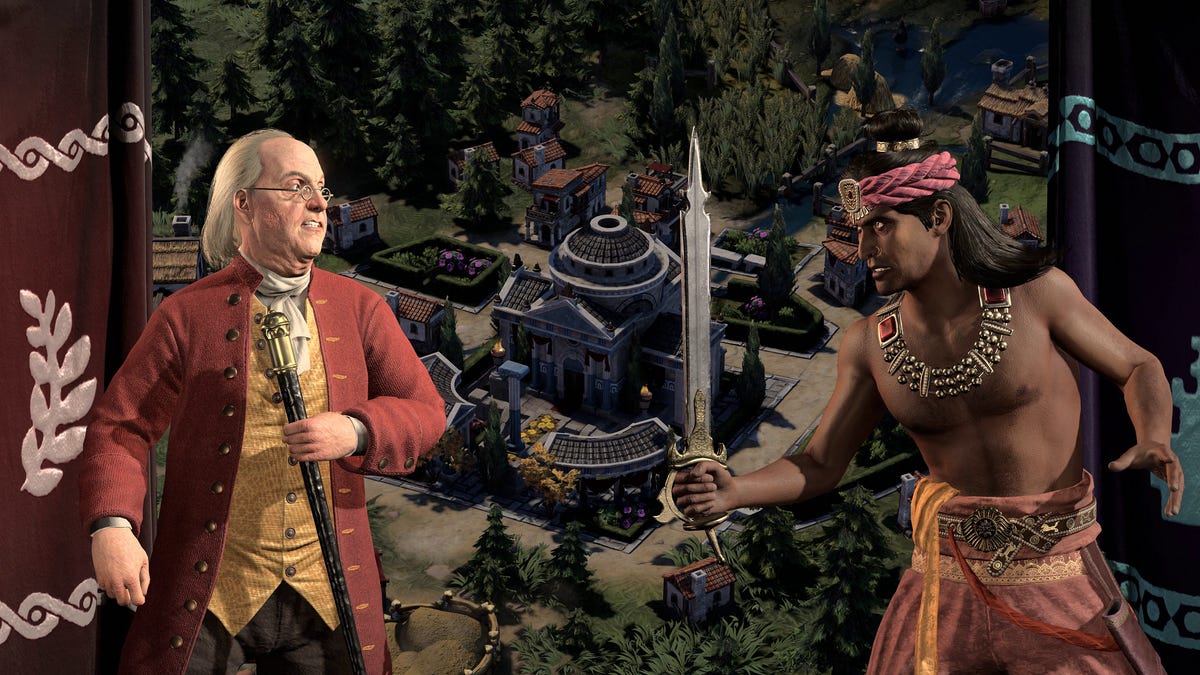
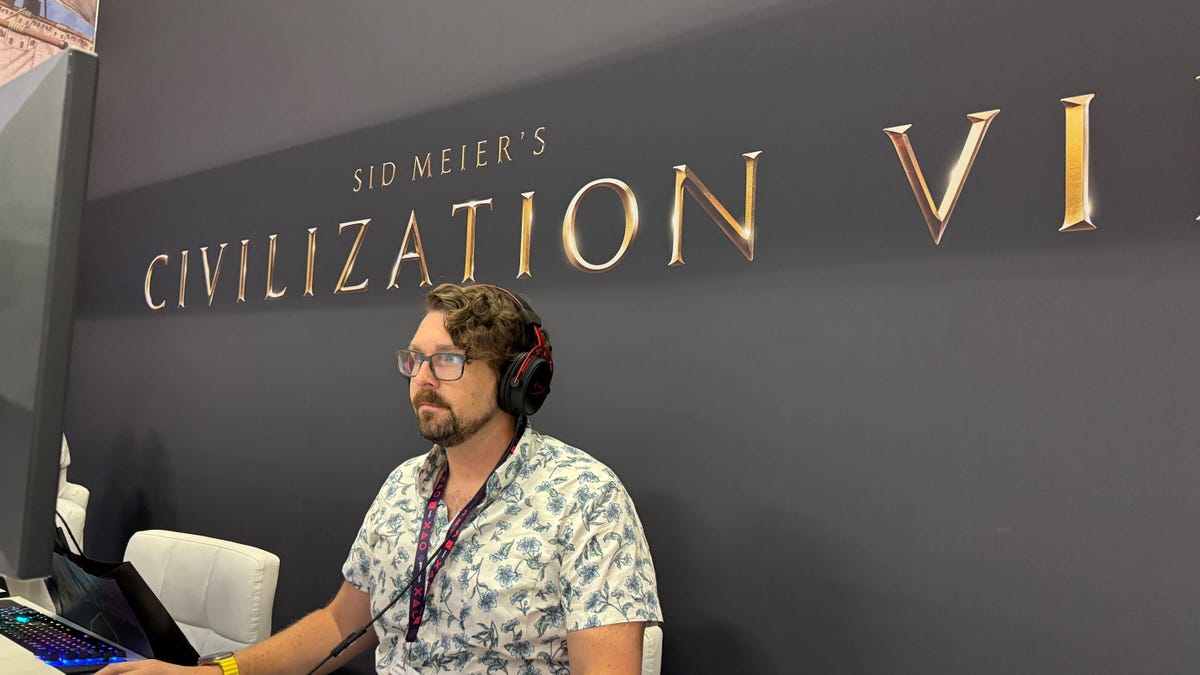
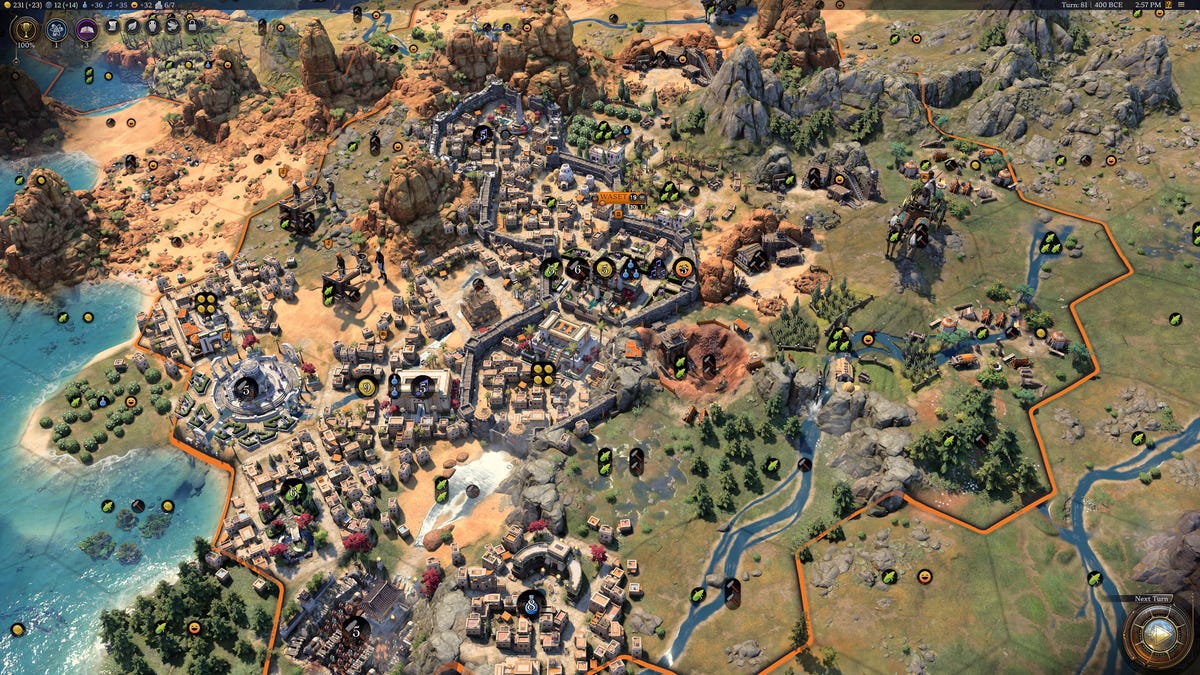

At Gamescom in Cologne, Germany, last month, I sat in one of the dozens of chairs set up like a makeshift theater to watch Ed Beach — lead designer on the upcoming Sid Meier’s Civilization 7 and creative director of the legendary and wildly popular Civilization franchise — tell us what’s new in perhaps the most anticipated strategy game of our time. But before he got into the big changes, he started talking about a gate in London.
Ludgate, as Beach explained with bird’s-eye views of London through time, was a gate at one end of the original Roman fortified city. It was rebuilt and used to defend against invaders as the urban area expanded around and beyond the gate, until it was finally demolished in 1760. But it lives on today at the crossroads of Ludgate Circus, even as the metropolis around it has become unrecognizable from its origins. That’s Beach’s point: points of origin live on in the monuments and old buildings that protrude from modernity. A city has layers.
It’s a vivid metaphor: think of Gothic cathedrals across Europe next to modern glass towers, or the pyramids of Giza hugging the outskirts of Cairo. The layers divide up time, signifying the influences that shape a sprawling, cosmopolitan civilization. That’s the pitch Beach made internally to describe the impact of Civilization 7’s biggest change: eras. Now, each long game is split into three parts that correlate to a different broad era of human expansion, cultural development, and technological evolution. These eras are called Ancient, Exploration, and Modern.

Splitting a play session into eras does a few things. Most importantly, it allows players to choose a different civilization at the start of a new era. They even have to: Civilizations are now locked into the era in which they’re relevant. You can even choose seemingly disparate cultures to evolve into. As an example, Beach explained that you could pick Ancient Egypt and then move on to Mongolia if you wanted, as long as you met the prerequisites — either researching horse technology or unlocking Mongolia through leader choice. This is partly designed to address an imbalance in previous games, where civilizations like the Americas were disadvantaged because their bonuses activated too late in the game (thematically fitting with their late arrival in history).
Beach told CNET that if you look at French cities, most of them started out as Roman outposts, and by the Middle Ages they were either part of Charlemagne’s Frankish empire or the Norman empire. One of those empires took over and developed things until in the modern era we finally have a French nation born — and players are going to see that evolution.
“Our age system means that everyone is now playing against an empire that is at the peak of its powers,” Beach said.

Today, civilizations can be led by cultural figures such as the American Benjamin Franklin, seen here negotiating with Ashoka, the historical leader of the Mauryan Empire.
The Benefits of Splitting Your Long Play Into a Trilogy
In addition to giving players more choices, setting ages also resets the playing field to some extent at the start of a new era. In the last few Civilization games, it became too easy to catch up and overwhelm the AI civilizations, so clearing the slate in a new era will shake up a game, Beach said. And since Civilization 6 players simply weren’t finishing long games because they reached a stable, aging state, eras will provide new challenges and milestones to play toward.
“The age system allows people to play the game without running into any barriers they might otherwise encounter,” Beach said.
Ages last a set number of turns — 200 for Antiquity — but they can be accelerated with other advancements, such as building the wonders of the ancient world. While you’re limited to one technology level within each age, there are other ways to prepare for the future by researching other civilization development trees. Ages end in a crisis, which pressures players with overlapping challenges until one age finally ends and a new one begins.
“The game stays competitive longer because there are more opportunities to change strategy or catch up,” Beach said.
Leaders get another major change: they can now be chosen independently of their civ, so you don’t have to pair Hatshepsut with Egypt — but her river exploration bonuses play to that nation’s strengths. After you choose a leader, the tooltip will show which civs sync best, but you could choose seemingly suboptimal pairings for extended strategy — or just for fun.

Last month at Gamescom in Germany I got to play a little bit of Civ 7.
Hands-on with a new civilization
After the presentation, we got about 30 minutes of hands-on time with Civilization 7, which is too short to notice any but the most rudimentary new things in the game. Some are obvious — there are no builder units, and city expansions are simply built over turns. I also encountered a tile with barbarians, which are now independent villages that can be hostile or neutral. With your investment of influence, they can become allies, serving as buffer zones against enemy states and even sending gifts.
I also didn’t get far enough to experience the other big combat feature: commanders. Moving armies around in Civ 6 was a pain, Beach acknowledged in the briefing, to the point where the tedium of micromanagement was often harder to combat than the enemy. Commanders can be moved to a location and their armies will follow. You can even merge units into the commander’s tile for easier movement. The commander gains experience and grants bonuses of your choosing to the units below them, rather than the units themselves leveling up. There’s also a reinforcement-from-afar system in which—as long as you’re in friendly territory—new units spawn in the commander’s army after a certain number of turns, saving you from having to manually move them around the map.

There is also a new way to negotiate with other civilizations: diplomacy, where influence is the payoff. Diplomacy includes treaties, espionage, and other agreements. There are still four paths to victory, but instead of religion and diplomacy, the new path this time is economic, in addition to science, culture, and military.
As a newcomer to Civilization, I didn’t catch every minute change in Civilization 7 over its predecessors, but the shift to eras and the decoupling of civilizations from leaders opens up some incredible, new ways for games to evolve. And franchise veterans will likely notice the many ways Beach and his team have attempted to cut out much of the micromanagement that exhausts players.
“We really feel like we have a game that flows nicely, that never gives you too much to manage,” said Beach, who also pointed out that the age system makes it easier to view the game in small chunks. “And you’re going to see the entire history in one big swipe, but if you have to divide your time — modern gamers don’t necessarily like to play games that are 18 to 20 hours long, right? — then it’s a lot more manageable.”

Check this out: Gamescom Opening Night Live Recap
Sid Meier’s Civilization 7 will be released on February 11, 2025, for PC, PS5 and PS4, Xbox Series X and S, Xbox One, and Nintendo Switch. iOS is not currently listed as a release platform, and 2K Games had no further commentary on this at this time.




